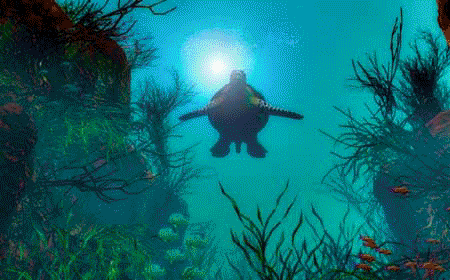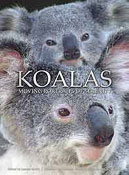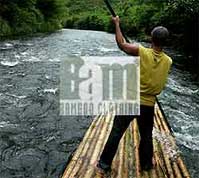The hidden city

Coral reefs are disappearing at an alarming rate throughout the earth's oceans. Once considered a hazard to mariners, coral platforms and barrier reefs are now known for what they truly are "cities of the sea." But these densely populated, vast enclaves of marine life are increasingly threatened by man's expansive development and pressure for use of the ocean's food source.
Population growth has more land under development every day, development that strips land of natural vegetation and replaces it with either agricultural crop areas or urban infrastructure both of which increase fresh rain water runoff. Runoff water contains pollutants as well as sediment that choke living coral by either creating algae blooms which reduce the sunlight reaching the coral and starving the colony or simply poisoning the coral with chemical toxins.
Corals too are very popular as decorative accessories in fashion and home furnishing. Often, when people vacation in tropical locations surrounded by beautiful, exotic reefs tourists want to take coral souvenirs home. In order to do this, they either collect pieces of coral themselves or buy pieces from a "curios" shop that in turn get their coral from commercial collectors. This is very damaging because typically only the healthiest, most beautiful corals are selected.
Reef fish populations have been greatly decreased in some areas of the world. The removal of large numbers of reef fish has caused the coral reef ecosystems to become unbalanced and allowed more competitive organisms, such as algae to smother and kill large tracts of productive coral colonies.
Ultimately however perhaps the most destructive process to coral formations comes from commercial and private vessels. Fuel leaks and the increasing occurrence of spills by large tankers are extremely damaging to coral formations. Boat anchors can and do cause great damage to reefs, overtime destroying entire colonies.
What you can do:
- Limit the amount of chemical runoff from your lawn or garden, use only biodegradable natural fertilizers.
- Support organic farmers in your area - and then buy locally.
- Avoid purchasing coral jewelry and decorative artifacts.
- If you are a sport fisherman or diver, pay attention to the reservations protecting coral preserves.
- Learn more about coral and the ocean life it supports by visiting The Dry Tortugas National Park site part of the Florida Keys.
- Visit our new Greener Earth Maps feature for an interactive tour of the 'shoals' at The Dry Tortuga, by satellite from our partners at Google Earth.




10:06 PM









<< Home